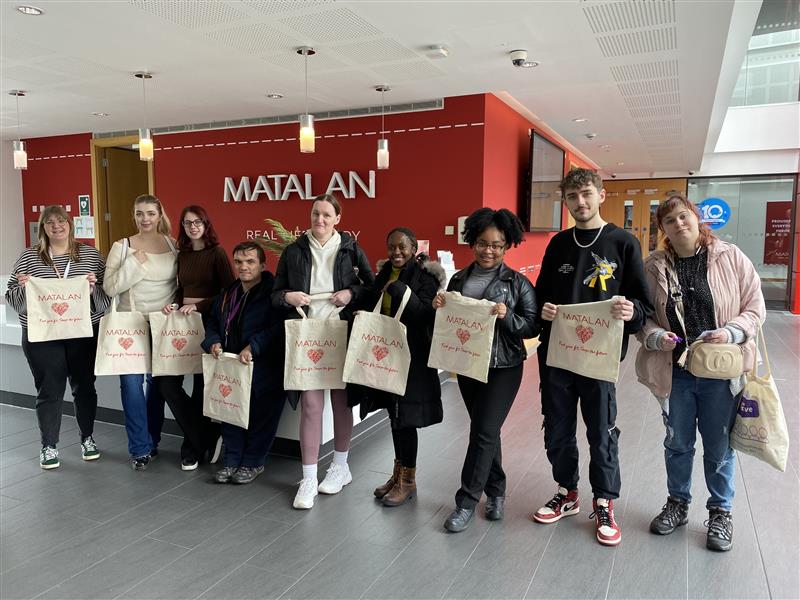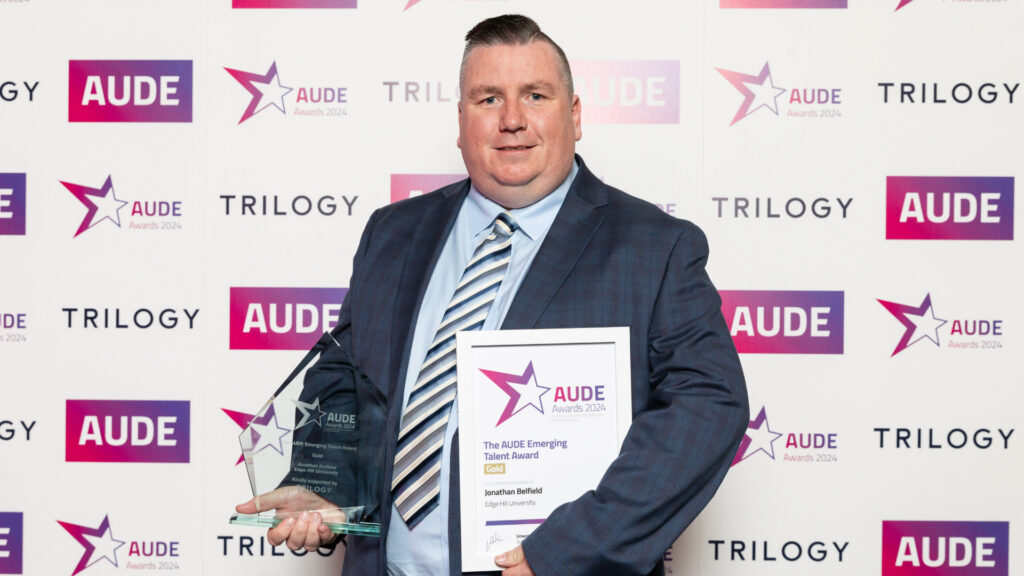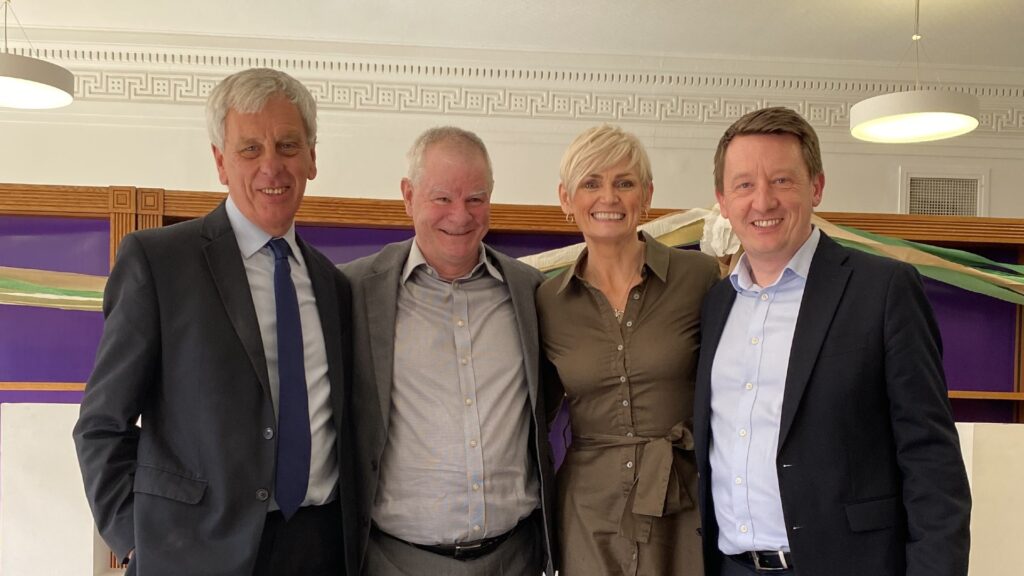
At Edge Hill University, we are host and partner of the Cheshire & Merseyside Social Work Teaching Partnership. This not only means that we can provide amazing opportunities for our social work students both pre- and post-qualification, but that we have access to a whole network of people and information that add significant value to our courses. Senior Lecturer in Social Work and Integrated Practice, Emma Rimmer tells us more.
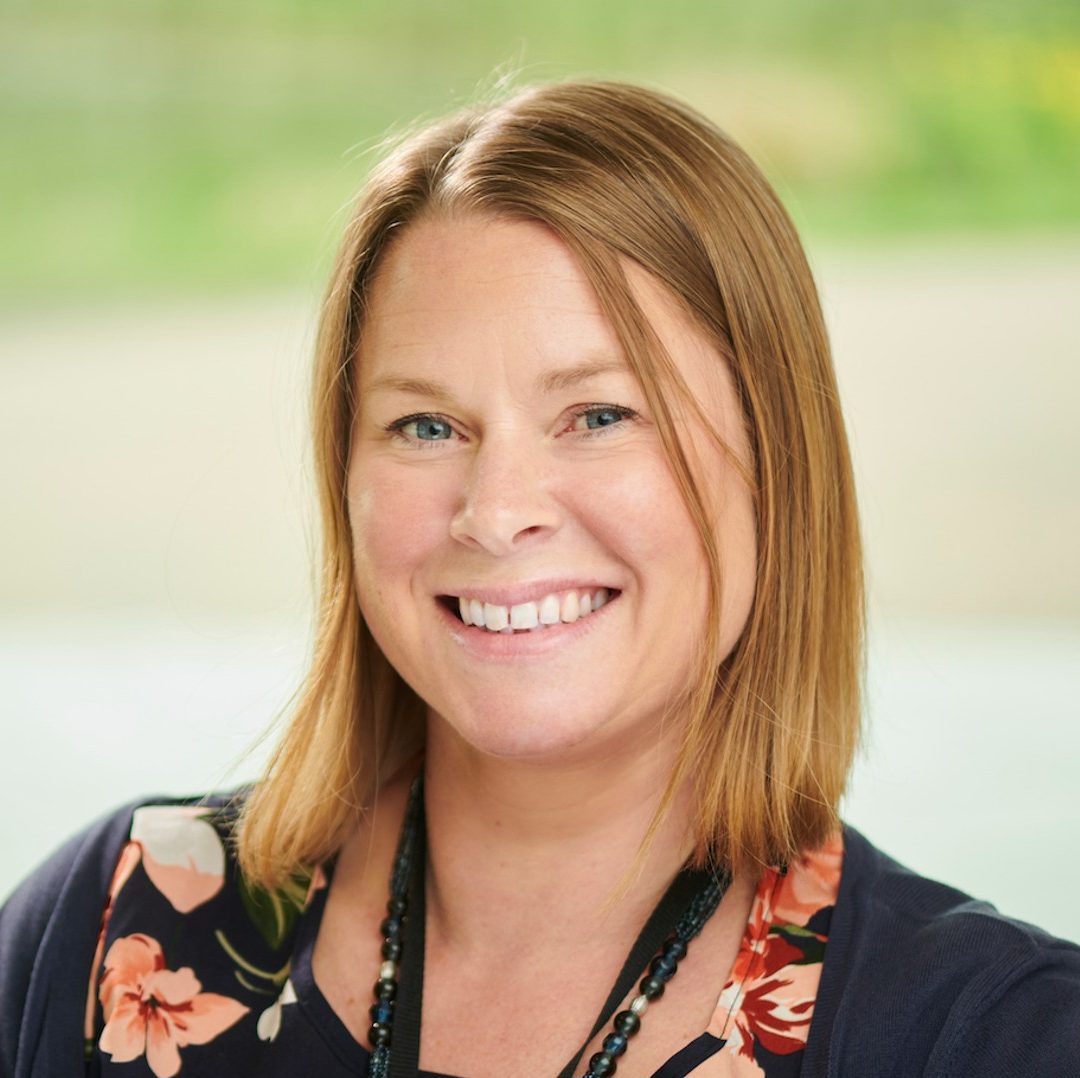
What is the Cheshire & Merseyside Social Work Teaching Partnership?
The partnership is currently built up of 15 primary partners from across Cheshire and Merseyside. This includes 4 higher education providers, 8 local authorities, 2 NHS Trusts and 1 voluntary sector organisation. The partnership is there for everything to do with social work, from the pre-qualification student journey right through to post-qualifying, research and careers in social work.
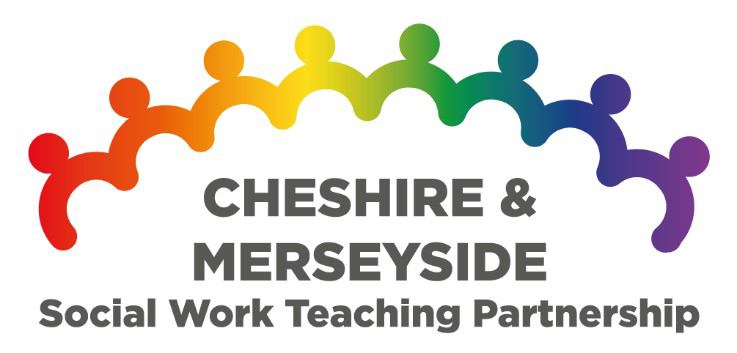
What is the benefit of the partnership for students?
The partnership adds value to what we teach and the content that we provide our students on our Social Work programmes at Edge Hill University.
In terms of students developing the skills and gaining the experience for practice, the partnership has a commitment to providing better quality work placements in a more organised, timely and streamlined manner. This has involved an audit of all the placements on offer to ensure that they meet requirements set out by Social Work England. For Social Work students at Edge Hill, 50% of their degree is practice based with the majority of this spent on placements. When a student goes out on placement, they must be supported by a practice educator – a social worker who is at least two years post-qualified and has achieved this additional practice educator award. Across the partnership, we have now trained around 150 practice educators. This not only means we have an increase in the number of individuals doing post-qualification awards, but we have also secured placements for students because the practice educator cannot progress through the award unless they support a student.
The partnership has also done a lot of work on standardising the admissions processes, placement selection, and interview processes so that every higher education institution and local authority that is part of the partnership is working to the same processes and procedures.
The network which the partnership provides allows practicing social workers, the HEIs and the local councils to communicate and network with each other. For our students, this often results in us finding social workers with specific interests and experiences to come in and deliver talks which really enhances our students learning. Recently, for example, through the partnership, I discovered a local social worker whose work and interests are in cyber-crime. They were more than happy to come in and talk to our students about this and not only did this benefit the students, but it benefitted the social worker too as they were interested in exploring and gaining the relevant experiences to progress into teaching.
On top of this, once students are finished on placement and are approaching the final years of their degree, the partnership puts on recruitment events where local authorities will come along and talk about who they are and what opportunities are available. This really inspires students with regard to their future employability. All of this means that students are getting really strong learning experiences for the benefit of their future.
How does the partnership support after graduation and into employment?
The partnership has a huge commitment to recruitment and retention post-qualifying, providing a support network for practicing and post-qualified social workers. Once a student has qualified as a social worker, they still need to complete an assessed and supported year in employment (ASYE), something which the partnership also supports with. The partnership focuses on supporting newly qualified social workers as it so important that they are not assumed to be the ‘finished product’ as soon as they graduate. This includes support with protected caseloads, regular supervision and professional development opportunities.
Beyond this, the partnership also offers training events and opportunities for social workers who have been in practice for several years. This could include the practice educator award, for instance, but also opportunities to get involved with interviewing and research. For example if a social worker who is 10 years post-qualified and specialises in loneliness and older people decides they want to really explore a certain aspect of this area, or any other area, the partnership actively encourages them to reach out to the higher education institution partners, which includes Edge Hill, to source academics who share similar interests so that a piece of research (funded by the partnership) can be undertaken. Similarly, through skills days, it also offers opportunities for practicing social workers to explore teaching or simply delivering talks in their specialist area to students.
This highlights the importance of considering how we have decided what accounting should be done, and how it affects society. With constant changes in wider society, the answer as to what sort of accounting should be done is something that will always need to change. In recent times, we have seen a huge rise in environmental and sustainable accounting – companies being held to account much more for what they are doing to the environment. Are they using resources safely and carefully? Are they polluting the environment? What steps are they taking to avoid this? In the past, waste and the impacts that businesses and industrial factories had on the environment was not considered an issue, it was not accounted for. This all links back to how accountancy has changed and why it is important not only to explore this, but also to constantly keep up to date with the latest accountancy trends.
July 6, 2022
